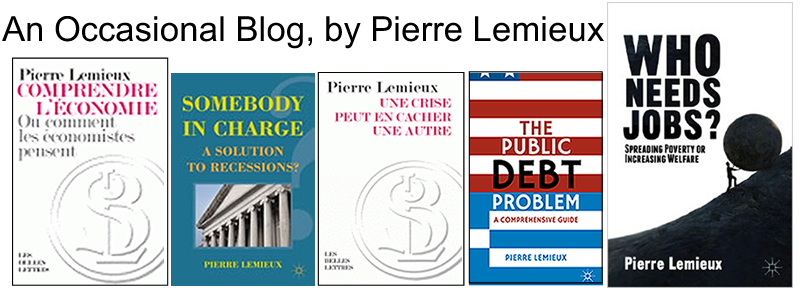There is a form of privacy that is highly overrated. When you participate in social gatherings, whether on the street or on Facebook, you must expect your privacy to be partly exposed. And, of course, if you throw bits of personal information on passers-by in the street – as some do by not protecting their home computer networks – then you can blame only yourself if somebody peeps at the electrons hitting him. If you want total privacy, life in society is not for you. Most individuals, however, are willing to sacrifice some privacy for the benefits of social life.
There is another form of privacy which, paradoxically, is much underrated, Continue reading

